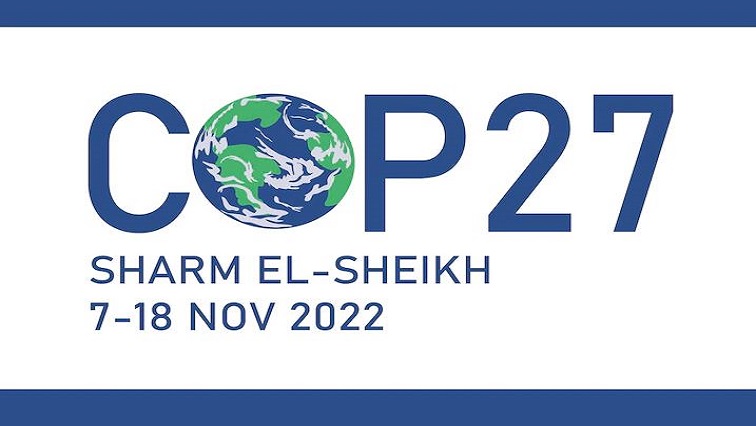There is going to be a lot of talk in climate change conversations about climate finance in the next few weeks. Who is going to pay for the changes countries need to make in order to lower greenhouse gas emissions is a touchy subject. Although some of the finance has been agreed upon, not much has been done.
Climate finance is local, national and transnational financing, from whatever source, that seeks to help the mitigation and adaptation actions that address climate change. Mitigation is the actions that will lower emissions, while adaptation is the actions that help communities or countries deal with the inevitable consequences of climate change.
In order to understand what is likely to happen at COP 27, which takes place next month in Egypt, we take a look at a few key questions.
What was agreed on at COP 26?
The failure to deliver actually goes back to COP 15, Copenhagen 2009, when countries pledged US$ 100 billion to fight climate change, much of that targeted at the developing countries who are most vulnerable, and least at fault. Twelve years later, COP 26 agreed that the promises were not delivered on, but pledged to do so by 2023.
The money was also supposed to be split equally between mitigation and adaptation. But a much greater percentage, probably around 75%, has been spent on mitigation. The good news was that money was raised specifically for the Adaptation Fund, and the Least Developed Nations Fund, to help countries become more resilient.
The final documents from COP 26 acknowledge the devastating impacts of the Covid-19 pandemic, particularly on vulnerable communities. At the same time it “notes with concern” that financing remains insufficient. The report calls for developed countries to “at least double their collective provisions of climate finance”.
What is the Just Energy Transition Partnership?
This is a financial aid package for South Africa, being watched carefully by other countries, especially in Africa, as a possible future model. But it’s too soon to tell whether it’s going to work. A big deal was made about the Just Energy Transition Partnership, designed to help South Africa transition from coal-based power, essential if the country is to meet its greenhouse gas emission pledges.
The JET-P promised South Africa US$8.5-billion in financing to aid the move away from fossil fuels, without damaging the economy or putting thousands out of work. The deal is with a group of nations including the US, the UK and members of the European Union. Negotiations have been taking place throughout the year to finalise details of the deal, but the agreement is far from done. At the core of South Africa’s problem with the offer is that much of the financing is in high-interest loans, which will serve to increase South Africa’s already considerable national debt.
Why have countries not paid what they promised?
The simple answer is that too few countries are paying too little. But if that 100 billion dollar sounds like a lot of money, consider this. The International Monetary Fund estimates that the cost of producing and burning fossil fuels is US$5.9 trillion per year. That’s close to a 6 with 12 zeroes. That calculation includes tax breaks, health impacts and the costs of flood or drought damage.
The explanations vary, from Covid-19 to economic downturns. But most agree it is a simple matter of political will. The World Resources Institute says Japan, Germany and the US are the biggest contributors, but even they fall short of their promised pledges.
What’s going to be the core issue at COP 27 in Egypt?
The official report after COP 26 acknowledged that climate change has already caused significant loss and damage. That has been seen on a huge scale this year. The floods in Kwazulu-Natal, Pakistan, the US and Nigeria this year were not caused entirely by climate change, but they were certainly exacerbated by it.
There will be discussions on finding more money for climate adaptation. As the world suffers from more severe climate events, the money to pay for loss and damage will be looked at.
COP 27 will take place in Sharm El-Sheik in Egypt between 6-18 November 2022.






